
The mud domes and homes of kashan are a sight to behold. Being domed they are fundamentally strong and have survived the frequent earthquakes that occur in this area. I'd love to live inside one for a while and see how good there passive solar and thermal mass properties are. There is something, both metaphorically and literally, very earthy and unpretentious about them.
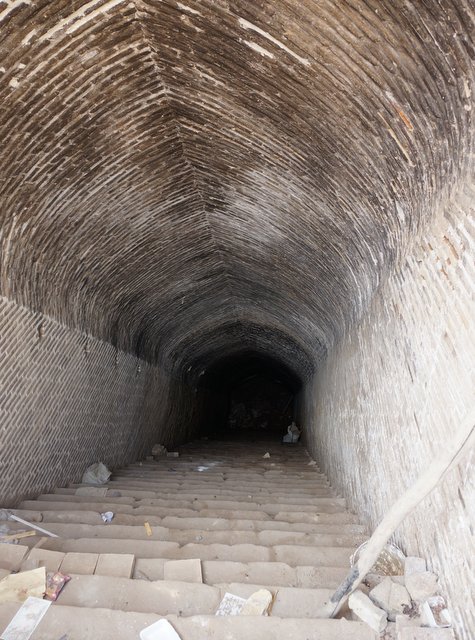
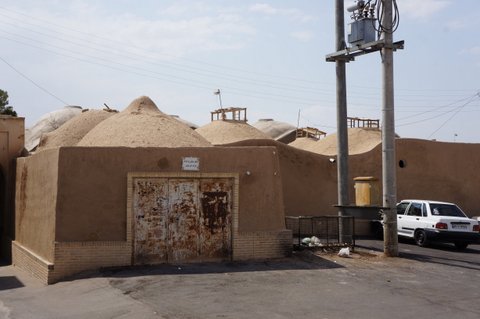
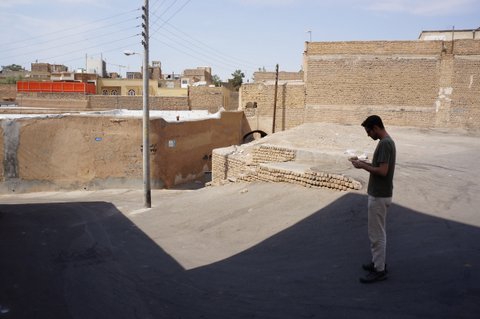
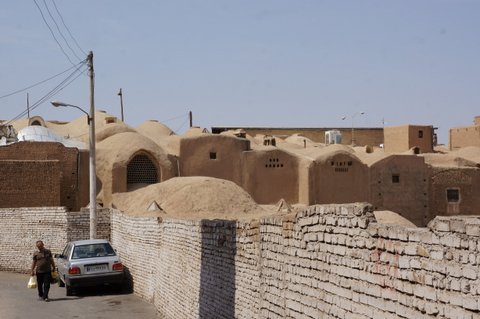
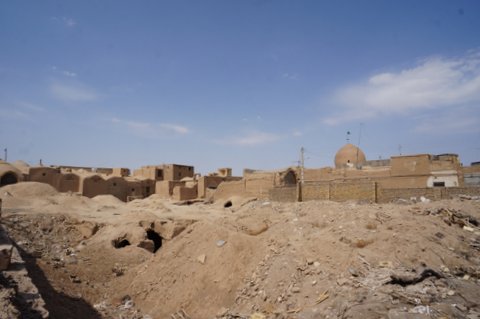
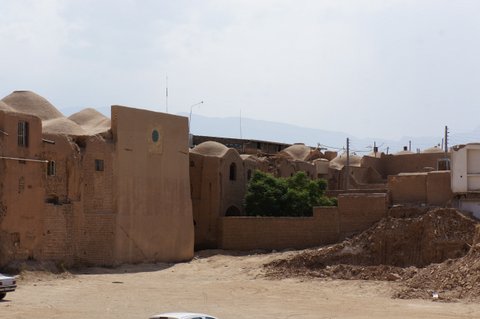
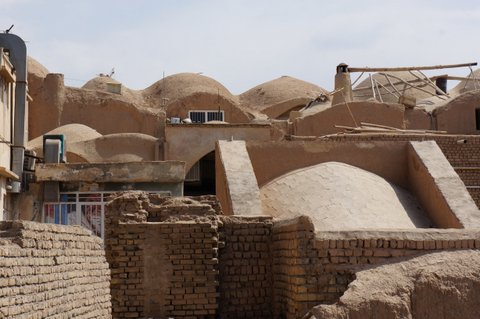
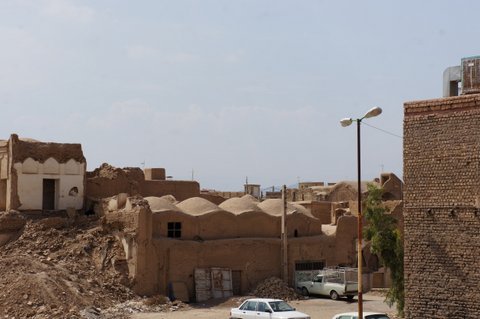
We had lunch in this boutique hotel, a recommendation from the Lonely Planet. The food was as nice as the architecture and the decoration. We had to wander through the mud domes for quite a while to find it but that was fine by us.
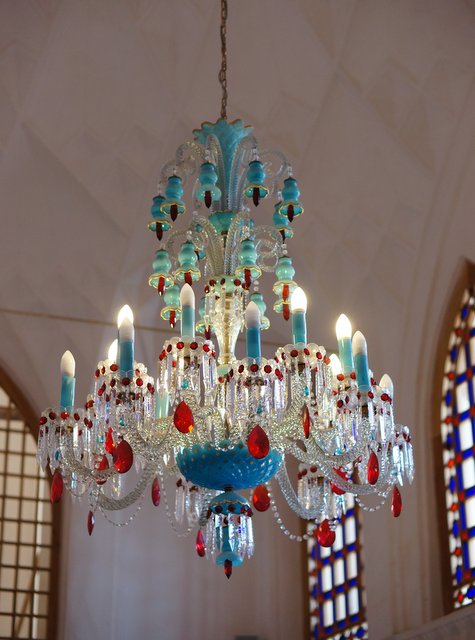
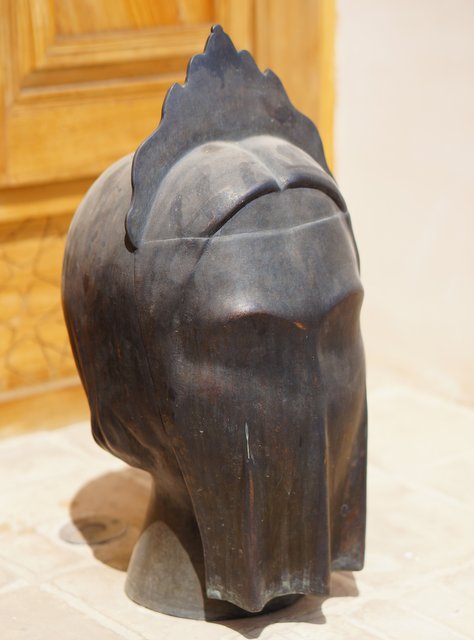
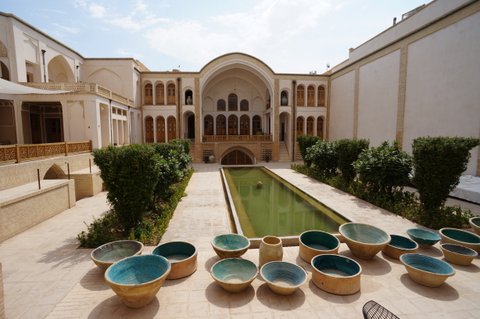
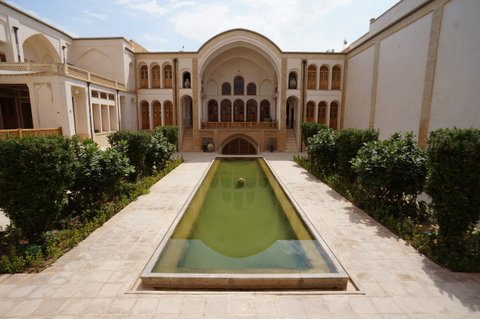
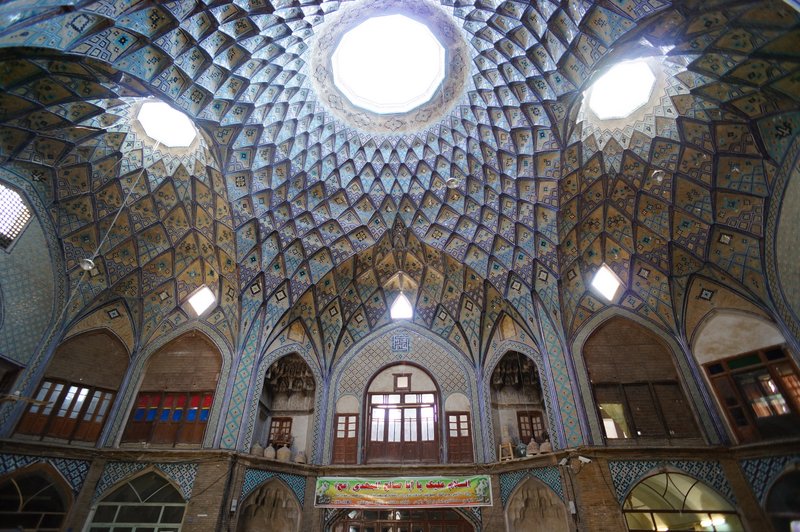
The bazaar in Kashan is spectacular! Like all of Iran it is so authentic. Tourists don't really come to this part of the world so you see it just as it is. This is a functioning bazaar and the locals come here to shop. There are no tacky tourists memorabilia on sale and no inflated prices and menus in English. The natural light that shines through the oculus, the eye of the dome, illuminates the bazaar underneath with a surprising amount of light. It never seems dark and natural light is so much more uplifting than fluorescent light, not to mention greener. The bazaar itself is made up of a multitude of domes of varying sizes.
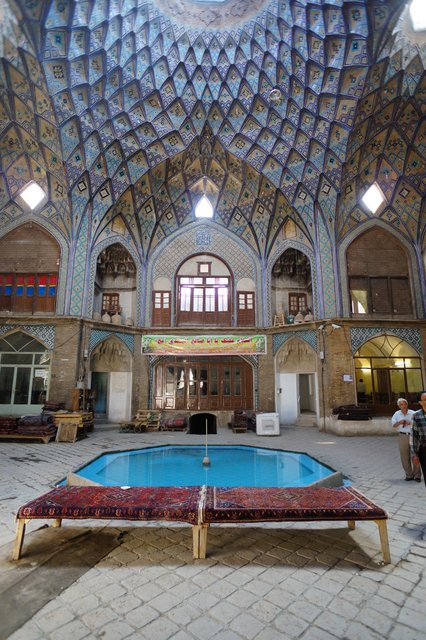
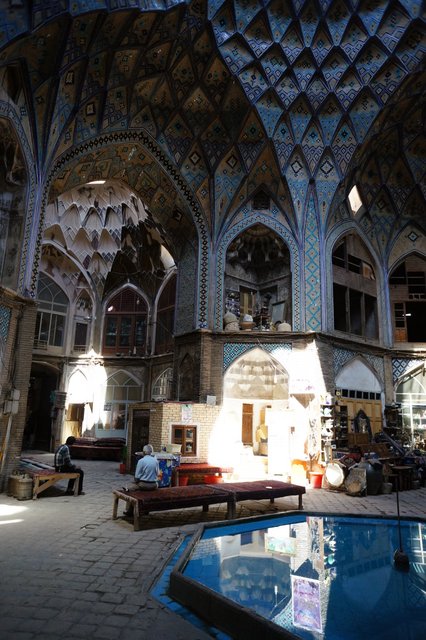
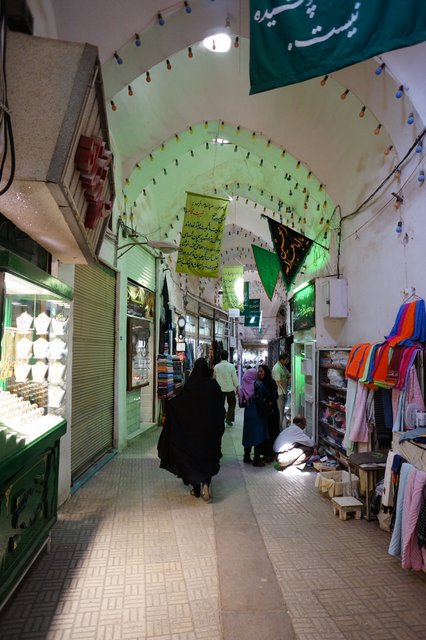
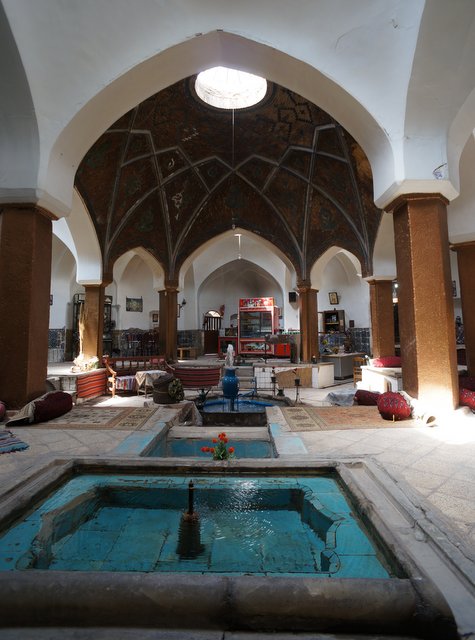

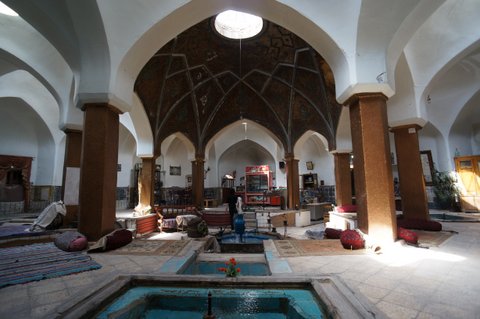
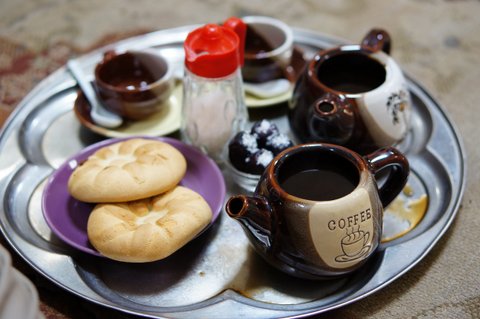
In amongst the bazaar was this coffee house. Once a public bath it is now a venue for sitting on a rug in that most Persian of styles and drinking black coffee whilst engaging in proper conversation. The water fountains produce a very peaceful sound that echoes of the dome construction and reminds you of it's aquatic origins. Whilst we were eating our excellent sweets and enjoying a find dose of caffeine we met a local, who was keen to hear our story and meet some foreigners. There is nothing unusual about this, in Iran it happens all the time. They are very hospitable and friendly people and we always feel completely safe.

For all of it's beauty and history this is how most people live in Kashan. Like all Iranian cities it's outskirts are flooded with new, cheap and quite nasty concrete high rises built on a desert with very little in the way of parks or communal facilities. One of the many decrees from the Islamic council after the revolution was to ban contraception. This led to a doubling of the population within a couple of decades. It was only a few years ago that half the population was under 15. Once the economic costs of this rapid population growth, such as schooling and housing were realised contraception was re-introduced. The country is not a wealthy one in spite of it's enormous oil reserves and UN sanctions have made it much worse. These apartments are the countries attempt to provide housing with the tiny budget that they have. I am glad that I do not have to call one home.